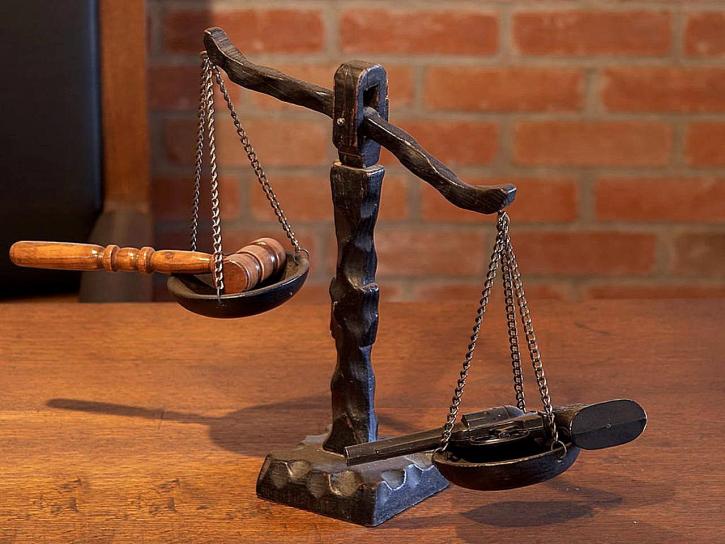
04 Nov A Victim of Violent Crime and the Victims’ Code
If you have been a victim of violent crime, the Victim’s Code is there to help make sure that you are treated right, both by the police and by all other people who deal with you as a victim of crime.
The Victims’ Code talks about things like:
• when you should be told if someone has been charged with your offense;
• what happens when someone is charged with your offense; and
• what happens after someone has been convicted by a court?
When the incident happens
If you have been a victim of violent crime, you should:
- Contact the police. Call 911 or 2111 if you do not have an emergency. If your safety is at risk, call 911 without delay.
- Report the incident to your local council and ask for an immediate assessment of needs (if under 18 years old), or get advice from Victim Support from your local government (if over 18 years old).
- Seek medical attention if necessary and report any injuries to the police immediately. If possible, take photographs of injuries before seeking medical attention as evidence may be needed in court later on.
When the police are involved
When the police are involved, they will take a statement from you. This is a record of what happened that day and how you felt about it. It can also be used to build a case against the person who hurt you or someone else as a victim of violent crime.
The police will also check that you are safe, so they may ask:
- What happened?
- Who did this to you?
- Where did this happen?
If you’re called to court
If you are called to court, you will be asked a few questions. The judge may ask if you have any problems or disabilities that would make it difficult for you to attend court. If this is the case, tell the judge about your disability and let them know how it affects your ability to give evidence.
You should also take with you something for your comfort, such as water or tissues. You may be nervous in the witness box, so make sure that someone who knows what’s happening is there with you and can support you if needed, perhaps your partner or friend or someone from Victim Support.
If there are children involved in the case, they will usually be allowed into court until they start giving evidence, but only if both sides agree and there are no concerns about them being affected by what they see or hear during other parts of the trial.
If either side objects to allowing a child into court, then an application can be made at least seven days before the start date of their evidence hearing (the date when they will give their evidence).
If there’s a trial
There are two important things to remember about attending court hearings:
- The first is that it’s your duty as a citizen to attend. You are not required to give evidence, but you can be asked by the judge to do so. If you do not attend and give evidence, this may prejudice your case.
- The second is that you must listen carefully when the judge gives directions at the start of each hearing. These will tell you how things will proceed during the hearing, such as whether or not witnesses should be sworn in (called) before they give evidence or if they have already been sworn in before appearing in court today (called).
After the trial
When the trial is over, victims can contact the police to ask for a restorative justice meeting. They can also make a victim impact statement and ask for compensation.
What if you’re called a witness?
As a witness, you will be required to give evidence in court. You may wonder what this means and whether it involves giving information about your experience. When a victim or witness gives evidence, they are asked questions by the defense and prosecution lawyers. There is no need for you to worry about anything else on trial day.
You will be prepared for your day in court by asking what your role will be when giving evidence and being told how long it can take for a case to get to trial (it may take months).
It is also possible that you might have already been interviewed as part of police investigations into the offense – if so, this would usually have been recorded on video or audio recording equipment so that it can be played back during the trial (you don’t need to do anything unless specifically asked).
If at any point during trial proceedings there is something happening that makes you feel uncomfortable or upset, then let either the Judge/Magistrate know straight away so they can deal with it.
Rights and entitlements
Victims of violent crime have rights and entitlements under the law. These include a range of support services, as well as a right to be treated with dignity and respect, privacy, and confidentiality.
There are also criminal justice processes that aim to protect the rights of victims in accordance with international human rights standards. These include:
- The right not to be discriminated against;
- The right not to be subjected to cruel or degrading treatment;
- The right not to have any testimony ignored because they are unable *
Victims of violent crime who believe they have been wrongly treated
Victims of violent crime who believe they have been wrongly treated under the Victims’ Code may complain by contacting the Ministry of Justice Customer Service.
You are entitled to a copy of your police report and be informed of any outcome resulting from it – for example, if someone is charged with an offense against you or whether they have been convicted of that offense.
If there is an appeal against their conviction, you will be informed about this as well as the victim of violent crime.
Conclusion
You have the right to complain if you think that your case has not been dealt with properly under the Victims’ Code. You can contact your local government for more information about how to make a complaint and what it means for you.

No Comments